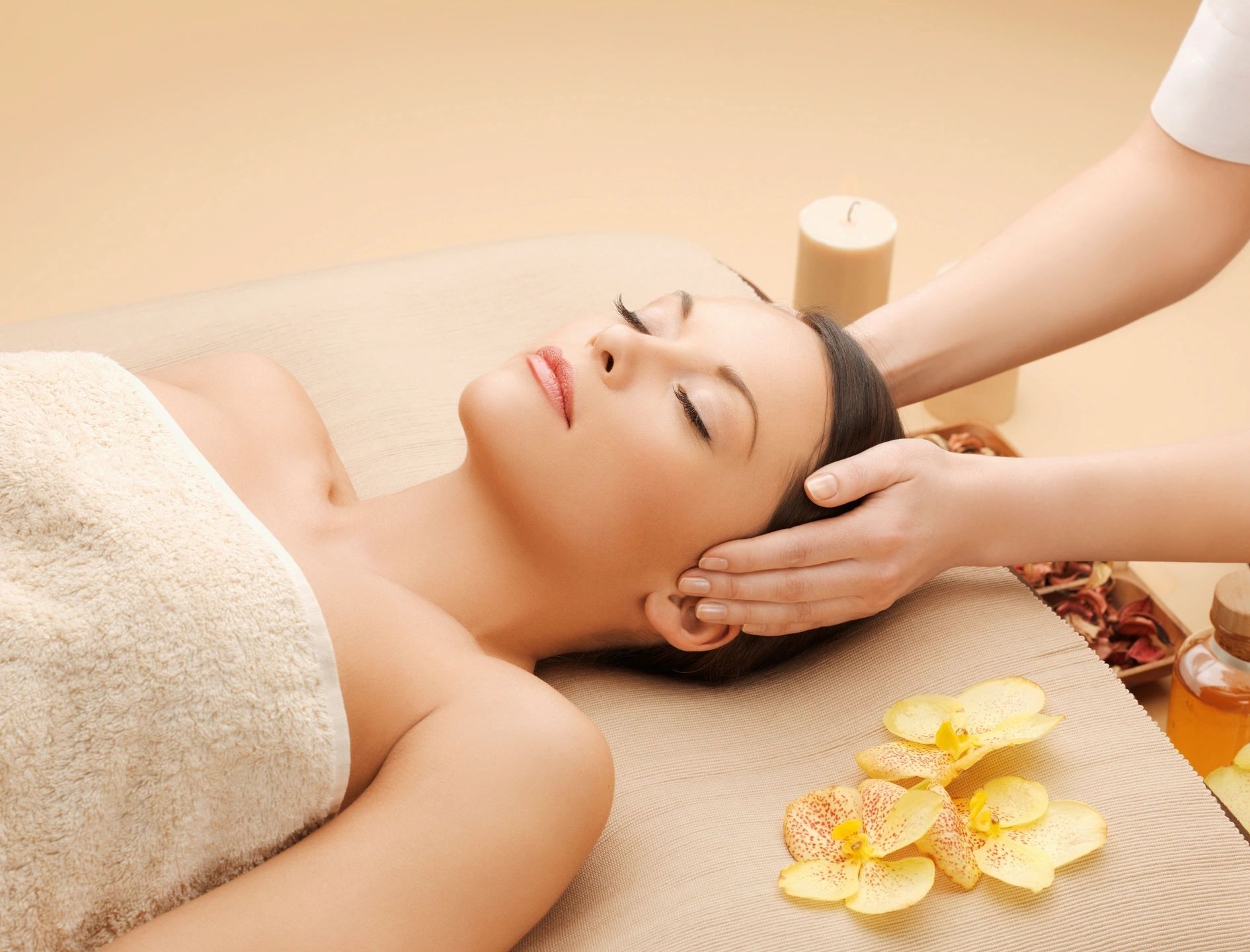In today’s fast-paced world, self-care has become a buzzword, yet for many, it can trigger feelings of guilt. How often have you been told to prioritize your well-being, only to feel a pang of shame when doing so? The truth is, self-care is essential for maintaining mental and emotional health, and it’s not selfish to take time for yourself. By understanding the underlying causes of guilt and practicing strategies to combat it, you can embrace self-care without hesitation.
Recognizing the Root Causes of Guilt
Guilt often stems from societal expectations or personal beliefs that place others’ needs above your own. Whether it’s the pressure to always be productive or the fear of disappointing those around you, these internalized beliefs can make it difficult to prioritize your own well-being. Recognizing these root causes is the first step in overcoming the emotional block that holds you back from fully embracing self-care. Reflecting on why you feel guilty for engaging in self-care can shed light on where these feelings originate and allow you to begin challenging them.
Reframing Your Mindset on Self-Care
Reframing your perspective on self-care is crucial for dissolving guilt. Instead of seeing it as an indulgence, view self-care as a necessary investment in your mental and emotional health. Just as your physical body needs nourishment and exercise, your mind requires rest and rejuvenation to function at its best. By seeing self-care as a means of nurturing yourself to better serve others, you can start to release feelings of guilt and approach it as an act of responsibility, rather than self-indulgence.
Setting Boundaries: A Key Element of Self-Care
Setting boundaries is a cornerstone of self-care, yet it’s often one of the most challenging aspects. It’s easy to fall into the trap of saying yes to every request, whether from family, friends, or colleagues, out of a sense of duty or fear of letting people down. However, by continuously ignoring your own needs, you are likely to experience burnout. Learning to say no, or setting limits on your time and energy, can help protect your well-being without guilt. Setting clear, healthy boundaries allows you to honor your needs while still being compassionate and supportive toward others.
Practical Self-Care Ideas That Don’t Take Much Time
Self-care doesn’t have to be a time-consuming or extravagant activity. In fact, small, simple practices can make a huge difference in your mental health. Whether it’s a few minutes of mindfulness in the morning, a short walk during lunch, or taking a few moments to breathe deeply when stress levels rise, these actions help you reconnect with yourself and recharge your energy. The key is to integrate these practices into your daily routine, so they become second nature and a sustainable part of your lifestyle.
Overcoming the Pressure of Perfectionism
Perfectionism can be a significant barrier to practicing self-care without guilt. The desire to do everything perfectly can lead to procrastination or avoidance of self-care altogether. Instead of focusing on perfection, shift your focus to progress. Understand that taking imperfect action is still valuable. A 10-minute break to clear your mind or a brief journaling session may not seem like much, but over time, these small steps accumulate and contribute to a healthier, more balanced you.
Embracing the Concept of Rest
In a society that often celebrates busyness, rest can feel like a luxury you can’t afford. However, rest is not a sign of weakness or laziness—it’s a vital component of self-care. Allowing yourself time to rest and recharge not only benefits your physical health but also enhances your emotional and mental resilience. By prioritizing rest, you can restore your energy, refocus your mind, and prevent burnout, all of which are crucial for maintaining long-term well-being.
Summary: Self-Care is Essential, Not Selfish
Self-care isn’t a luxury; it’s a necessity. Practicing self-care without guilt is about recognizing its importance in sustaining your mental and emotional well-being. It’s about finding a balance that works for you, setting boundaries that honor your needs, and letting go of perfectionism. Remember, taking care of yourself ultimately enables you to show up as your best self for others. By embracing the idea that self-care is essential, not selfish, you can cultivate a more fulfilling and balanced life, free from the chains of guilt.
Please like, comment, and share this article if you found it helpful and
informative.
Visit Big Town Bulletin if you would like to see more of this content.
Please like, comment, and share this article if you found it helpful and
informative.
For more news check out Big Town Bulletin News
For more from Big Town Bulletin check out Big Town Bulletin


